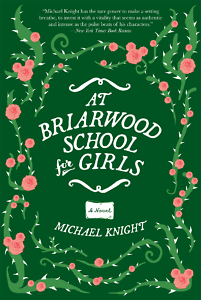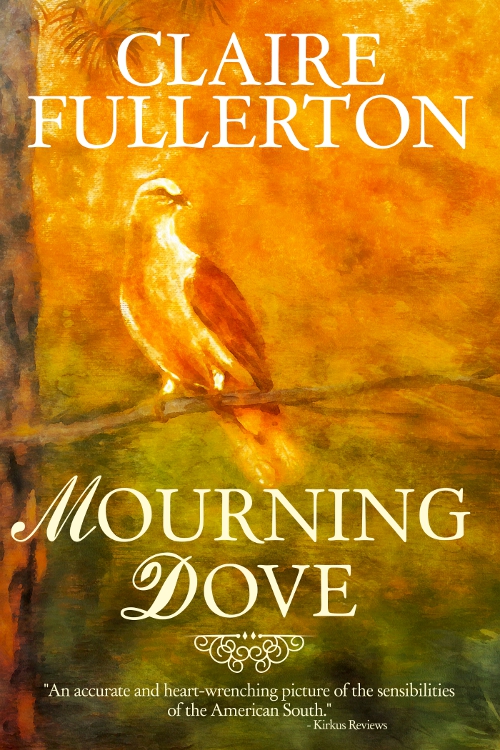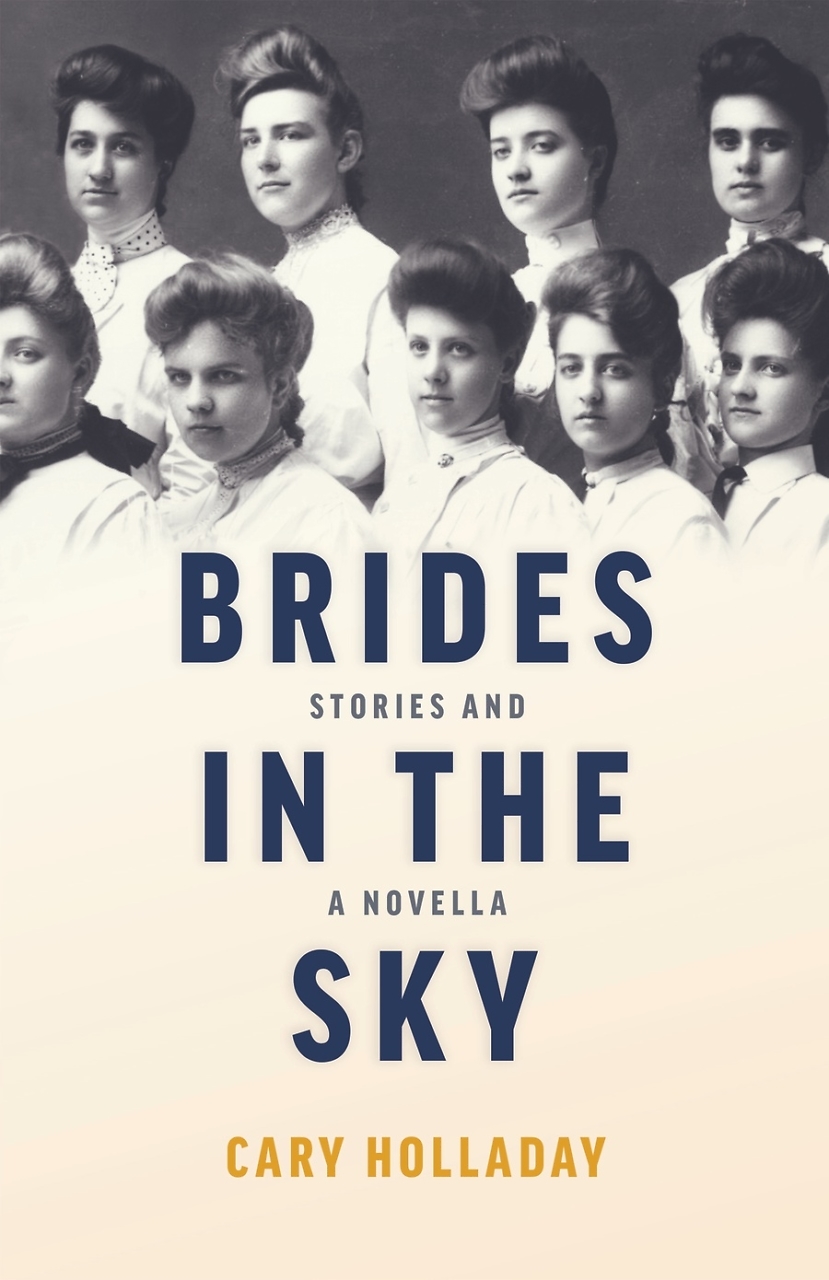False Impressions and True Selves
Michael Knight’s At Briarwood School for Girls is haunted—and haunting
“All boarding schools are haunted.” Thus begins At Briarwood School for Girls, the latest from Knoxville novelist Michael Knight. At Briarwood there is both the existential sort of haunting that typically afflicts adolescents, and also, quite literally, a ghost: Elizabeth Archer, who hanged herself upon receiving the news of her fiancé’s death in World War I. The ghost appears in Thornton Hall, where there is always at least one girl, Knight writes, “who longed to hear the creepy sounds at night, to behold a spirit, vague as mist, hovering through the wall.”
 In 1994, this girl is Lenore Littlefield, a junior who joins the drama club right around the time she discovers she’s pregnant. Lenore can’t confide in her best friend, the rebellious Poppy Tuttle. Nor can she talk to her basketball coach, Patricia Fink, who smothers genuine compassion and sensitivity beneath the gruff exterior of a jock. Lenore finally makes tentative overtures of confidence to her history teacher, Mr. Bishop, who has a gift for drawing connections between the sepia-toned past and the lives of present-day teenaged girls.
In 1994, this girl is Lenore Littlefield, a junior who joins the drama club right around the time she discovers she’s pregnant. Lenore can’t confide in her best friend, the rebellious Poppy Tuttle. Nor can she talk to her basketball coach, Patricia Fink, who smothers genuine compassion and sensitivity beneath the gruff exterior of a jock. Lenore finally makes tentative overtures of confidence to her history teacher, Mr. Bishop, who has a gift for drawing connections between the sepia-toned past and the lives of present-day teenaged girls.
But Bishop, like many Virginians at the time, is preoccupied by the Disney Corporation’s plan to build a massive historical theme park adjacent to the Manassas National Battlefield Park. In the end, Lenore’s confidantes become a pair of specters: the reclusive playwright Eugenia Marsh, a Briarwood alum who won a Pulitzer Prize for “The Phantom of Thornton Hall,” the play in which Lenore lands the lead role; and Elizabeth Archer, the phantom herself, who knows, as spirits must, the secrets girls keep from each other.
In two previous novels and numerous short stories and novellas, Michael Knight has cultivated an acute sensitivity to the sensation of haunting. He is particularly adroit with the haunting clarity that follows some act or occurrence which forces a reckoning with the simultaneous complexity and triviality of human experience.
The influence of Walker Percy hovers, fittingly, like a benevolent ghost over Knight’s elegant sentences, his unsentimental but broadly sympathetic rendering of the genteel South, and his gift for seeing the spiritual dimension underlying what Percy calls “everydayness.” At Briarwood School for Girls also echoes with the voice of Muriel Spark, whose The Prime of Miss Jean Brodie will forever remain the girls’ school novel against which all others are measured.
At Briarwood School for Girls will hold particular resonance for readers who lived in Virginia during the 1990s, when the Commonwealth became divided over a plan to build a theme park within sight of fields where the armies of a divided nation squared off not once, but twice. Both the outgoing Democratic Governor Douglas Wilder and the incoming Republican George Allen supported the project, believing that the jobs and the tourism the park would bring to Northern Virginia would offset its costs.
 A host of other voices objected—among them, Pulitzer Prize-winning novelist William Styron, whose position is represented here by the fictional Eugenia Marsh. Knight borrows capably from the lore of this odd chapter of Virginia history, making it a resonant metaphor for the lessons of the past: “If individual experience molds us into who we are as human beings, then surely community experience—national experience—defines us too,” observes the Briarwood history teacher. “No doubt all history is subjective, but it follows that if we have a false impression of that history, then we have a false impression of who we are.”
A host of other voices objected—among them, Pulitzer Prize-winning novelist William Styron, whose position is represented here by the fictional Eugenia Marsh. Knight borrows capably from the lore of this odd chapter of Virginia history, making it a resonant metaphor for the lessons of the past: “If individual experience molds us into who we are as human beings, then surely community experience—national experience—defines us too,” observes the Briarwood history teacher. “No doubt all history is subjective, but it follows that if we have a false impression of that history, then we have a false impression of who we are.”
Knight deftly ties the disparate threads of individual and community experience together in the novel’s denouement. Hoping to inspire the cast of “The Phantom of Thornton Hall,” Mr. Bishop and Coach Fink seek out Eugenia Marsh and attempt to lure her out of reclusion to attend their performance of her play. Marsh’s stated opposition to the Disney theme park plan makes her possible presence on campus controversial for the school’s headmistress, who does not want to alienate the financially shaky Briarwood from potential donors eager to benefit from the economic stimulus Disney’s presence would provide.
Lenore, cast in the role Marsh modeled on herself, sees the playwright as a kindred spirit and discovers that she is not the first to receive direct communication from Elizabeth Archer. Reality and the supernatural intersect, as do false impressions and true selves, cultivating a sense both of earned wisdom and lingering mystery. Knight manages somehow to employ a number of tropes—coming of age, the conflict between progress and preservation, the tricky politics of private schools, and the yearnings of midlife—while nimbly shunning their familiar conventions, making them altogether his own. The result is a deep, luminous work of art, as pleasing as it is—yes—haunting.

Ed Tarkington’s debut novel, Only Love Can Break Your Heart, was published by Algonquin Books in January 2016. He lives in Nashville.


